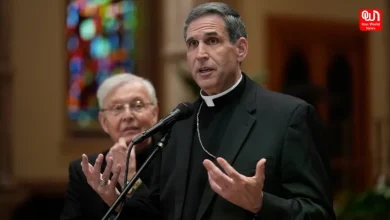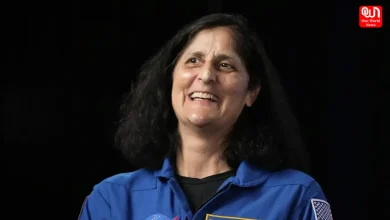Ramadan 2020: Know its significance & pray that ‘Difficult Time’ pass soon!

Ramadan 2020: The holy month of the Muslim calendar is going to start from 23rd April and will last till 23rd May
The coronavirus lockdown has disturbed the celebration of several festivals all around the world. It is also going to affect the people who were eagerly waiting for Ramadan 2020. Muslims across the world embrace Ramadan, the ninth and holiest month of the Islamic calendar in which people observe fast (Roza) for 30 days. They neither drink water nor eat anything till the end of the day. People gather to break the fast in the evening together.
This year, it seems that people wouldn’t be able to gather in the evening looking at the grim situation across the world due to coronavirus lockdown. Islamic organizations have urged the followers to strictly follow the guidelines of government and violate the lockdown rules. Gatherings are banned at markets, public spaces, markets or religious places in India till the lockdown.
The holy month of Ramadan, also known as Ramzan is all set to begin from 23rd of April. People will Keep Roza for 29-30 days and eat only when they see the moon every evening. They will continue to do this fast for one complete moon cycle and celebrate Eid-al-Fitr on the 30th day which will fall on 23rd May this year.
Read more: Earth Day 2020: We are already paying price, it is time to pause & think!
Ramadan 2020: Significance of Roza during Holy month
It is said that the spiritual intention of fasting for a month is to know and understand the pain of hunger and thirst and to surrender the soul to the almighty. As per the scriptures, the devils are locked up in chains in hell and nobody can come in the way of the almighty and your true prayers throughout this month. The holy Quran was first revealed on the night of Layla al-Qadr for mankind in the month of Ramadan only.
Rules of Roza
People who follow this Ramadan observe fast from sunrise to sunset. They eat or drink something before the sunrise and once the moon appears, they break their fast by consuming dates first. The festival is said to be obligatory for adult Muslims, except the pregnant, chronically ill, menstruating, diabetic, or breastfeeding. Muslims offer prayers five times during the morning till night. They are known as Fajr (Dawn), Dhuhr (noon), Asr (afternoon), Maghrib (evening), and Isha (night).
Have a news story, an interesting write-up or simply a suggestion? Write to us at info@oneworldnews.com







